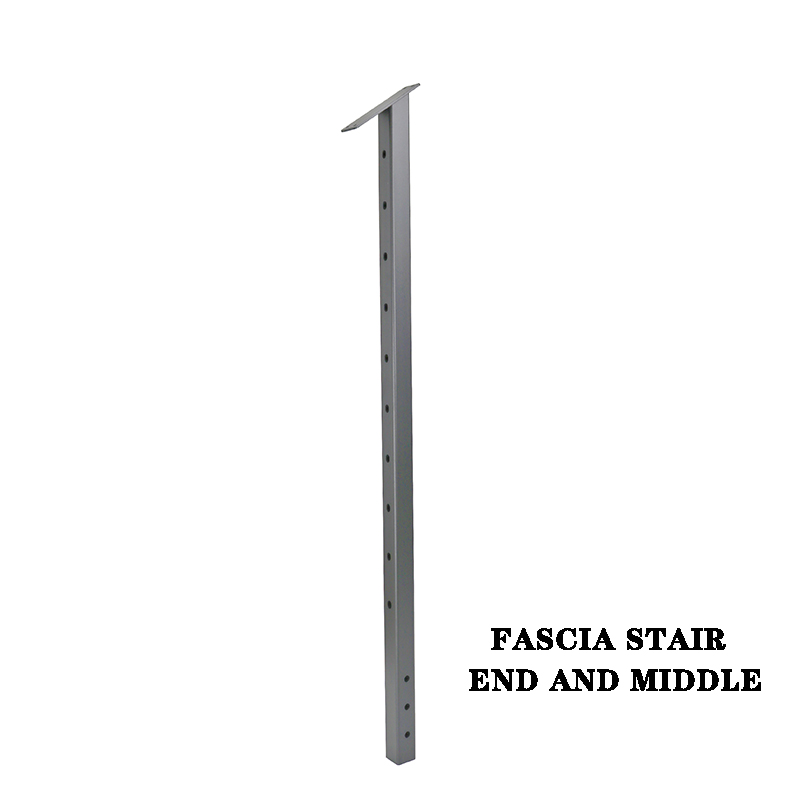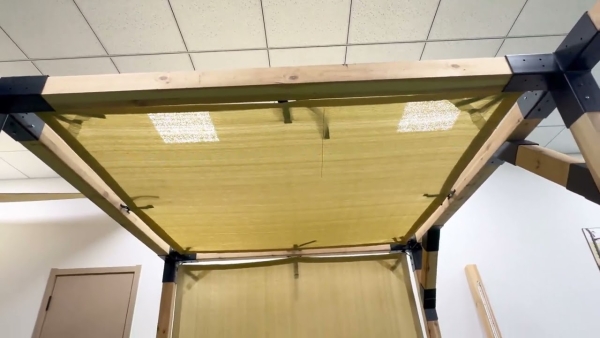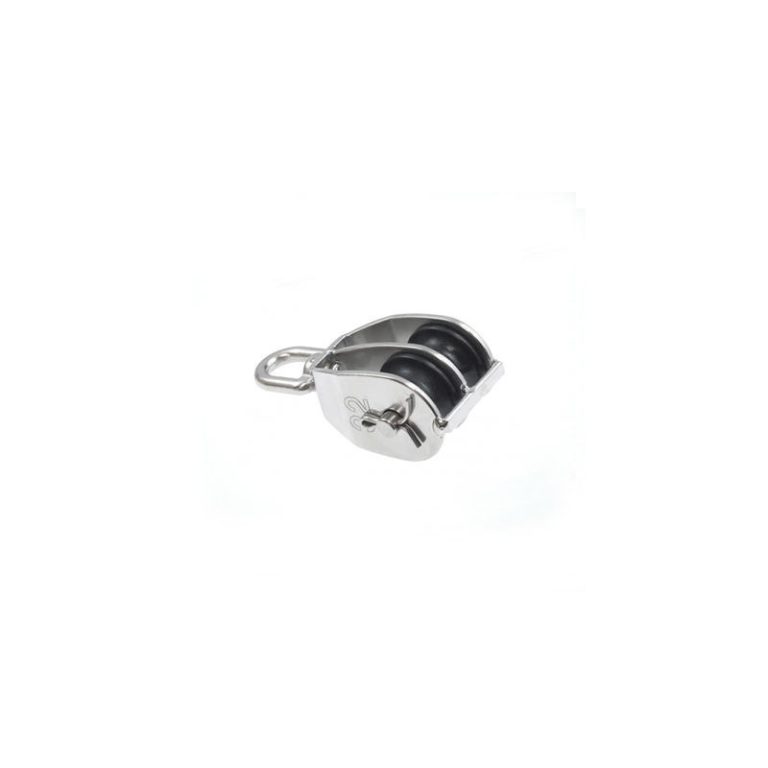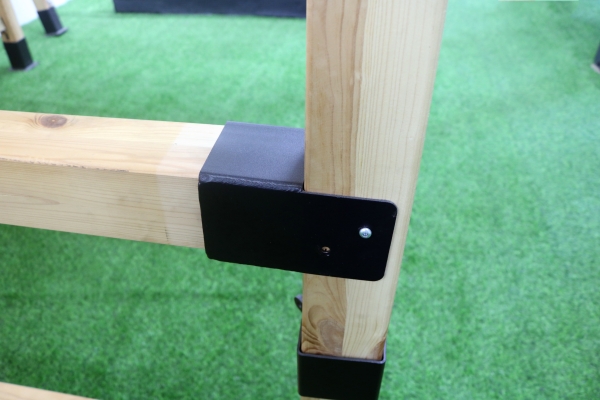Table of Contents
Permits and Regulations for Building a Pergola
When considering adding a pergola to your property, it is important to understand the regulations and permits that may be required for such a structure. Pergolas are a popular addition to outdoor spaces, providing shade and a visually appealing element to gardens and patios. However, before embarking on the construction of a pergola, it is essential to ensure that you have the necessary approvals in place.

In many jurisdictions, building a pergola may require a permit from the local government or building authority. This is because pergolas are considered to be a structural addition to a property, and as such, must meet certain safety and building code requirements. These regulations are in place to ensure that the structure is safe and will not pose a risk to occupants or neighboring properties.
The specific requirements for obtaining a permit for a pergola can vary depending on the location and local regulations. In some areas, a permit may be required for any structure that is over a certain size or height. In other areas, permits may be required based on the materials used or the proximity of the pergola to property lines or other structures.
Before beginning construction on a pergola, it is advisable to check with your local building authority to determine what permits may be required. Failure to obtain the necessary approvals can result in fines or even the removal of the structure. It is always better to be safe than sorry when it comes to building regulations.
In addition to obtaining a permit for a pergola, it is also important to consider any other regulations that may apply to the construction of such a structure. For example, in some areas, there may be restrictions on the height or size of a pergola, or requirements for setbacks from property lines or other structures. It is important to be aware of these regulations and ensure that your pergola complies with all applicable rules.
When applying for a permit for a pergola, you will likely need to submit detailed plans and specifications for the structure. This may include information on the size, height, and materials of the pergola, as well as details on how it will be constructed. The building authority will review these plans to ensure that the pergola meets all necessary requirements.
In conclusion, obtaining approval for a pergola is an important step in the construction process. Building regulations are in place to ensure the safety and integrity of structures, and it is essential to comply with these regulations when building a pergola. By checking with your local building authority and obtaining the necessary permits, you can ensure that your pergola is built to code and will provide years of enjoyment for you and your family.
Benefits of Seeking Approval for a Pergola Installation
When considering adding a pergola to your property, one of the first questions that may come to mind is whether or not you need approval for its installation. While it may seem like an unnecessary step, seeking approval for a pergola can actually have several benefits. In this article, we will explore the advantages of obtaining approval for a pergola installation.
One of the primary benefits of seeking approval for a pergola is ensuring that the structure complies with local building codes and regulations. Building codes are put in place to ensure the safety and structural integrity of buildings and structures. By obtaining approval for your pergola, you can rest assured that it meets all necessary requirements and is safe for use.
Additionally, seeking approval for a pergola can help prevent potential legal issues down the road. If you were to install a pergola without approval and it was later discovered that it violated building codes or regulations, you could face fines or even be required to remove the structure. By obtaining approval upfront, you can avoid these potential headaches and ensure that your pergola is in compliance with all relevant laws.
Another benefit of seeking approval for a pergola is that it can increase the value of your property. When potential buyers see that a pergola has been approved and meets all necessary requirements, they may be more inclined to view your property in a positive light. This can ultimately lead to a higher selling price and a quicker sale.
Furthermore, obtaining approval for a pergola can help protect your investment. If you were to install a pergola without approval and it was later found to be in violation of building codes, you could be required to remove the structure at your own expense. By seeking approval upfront, you can ensure that your investment is protected and that your pergola will be able to stand the test of time.
In addition to these practical benefits, seeking approval for a pergola can also help foster positive relationships with your neighbors and the community. By obtaining approval for your pergola, you are demonstrating that you respect and adhere to local regulations. This can help prevent potential conflicts with neighbors and show that you are a responsible member of the community.
In conclusion, while seeking approval for a pergola may seem like an unnecessary step, it can actually have several benefits. From ensuring compliance with building codes to protecting your investment and fostering positive relationships with neighbors, obtaining approval for a pergola is a wise decision. So, before you embark on installing a pergola, be sure to check with your local authorities to see if approval is required.







